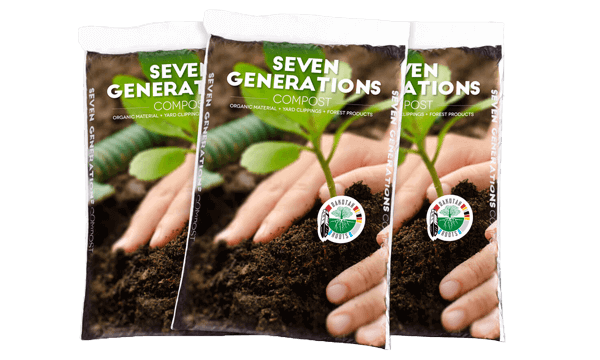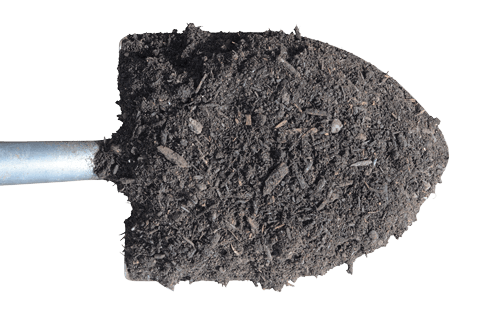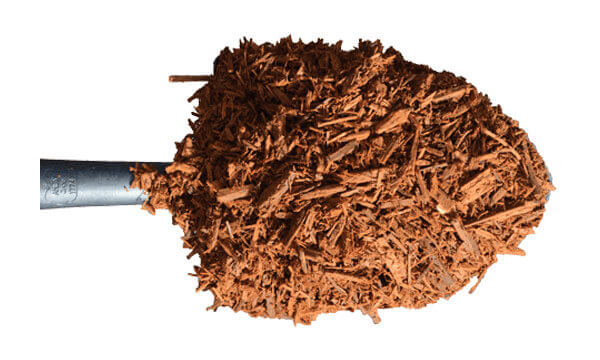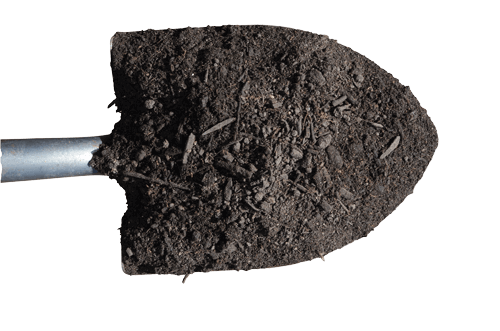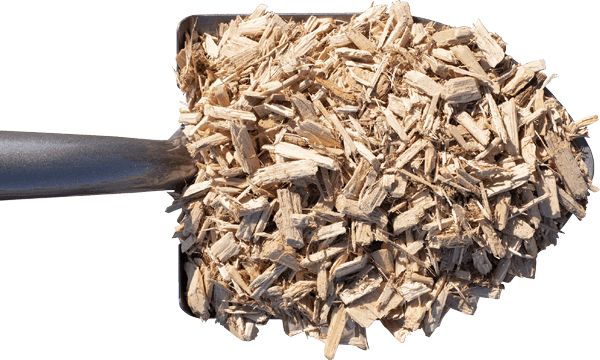As a bustling large-scale composting facility, our journey has been one of continuous innovation and adaptation. We’ve embraced challenges head-on, constantly seeking ways to improve our operations while remaining environmentally conscious. In the construction of our new location [link], we are making decisions and plans which will help manage some of the key challenges we face.
- Odor Management: One of the most persistent challenges in composting is managing odors. The decomposition process naturally releases gases like ammonia which can be unpleasant for nearby communities if not properly managed. Odor complaints not only impact our reputation but also pose regulatory risks.
- Regulatory Compliance: Composting facilities must adhere to strict regulations regarding emissions, leachate management, and compost quality. Navigating this regulatory landscape requires significant resources and expertise.
- Source Management: Securing a consistent and diverse supply is crucial for efficient composting. However, fluctuations in waste streams and contamination issues can disrupt operations and affect compost quality.
Large-scale composting facilities such as ours are consistently finding ways to improve our practices. Our new facility is three times the size of our current facility, and we will employ several innovations for improvement.
- Odor Control Technologies: We’ve invested in state-of-the-art odor control technologies such as biofilters, an odor neutralizing fogging system, and an advanced aeration system designed to compost more efficiently with higher process control. These innovations help capture and neutralize odorous compounds, minimizing our environmental impact and enhancing community relations.
- Advanced Monitoring Systems: Real-time monitoring systems enable us to track key parameters such as temperature, moisture content, and oxygen levels throughout the composting process. This data-driven approach allows for proactive adjustments and ensures compliance with regulatory requirements.
- Source Diversification: To mitigate the risks associated with fluctuating waste streams, we’ve implemented strategies to diversify our sources. This includes partnerships with local businesses, municipalities, and food manufacturing to access a broader range of organic materials.
- Compost Quality Assurance: Quality control measures, including rigorous testing and certification processes, ensure that our compost meets industry standards and customer expectations. By continuously monitoring compost characteristics such as nutrient content and maturity, we can deliver a high-quality product for various applications.
- Resource Recovery: Composting isn’t just about waste management, it’s also about resource recovery. We’ve integrated technologies such as a water recapture and reuse system to reduce our overall water consumption in the composting process.
These advancements not only improve our operational efficiency but also fortify our relationship with the community and ensure adherence to stringent regulations. As we continue to evolve, our focus remains steadfast on delivering high-quality compost while contributing positively to the environment and the communities we serve.

